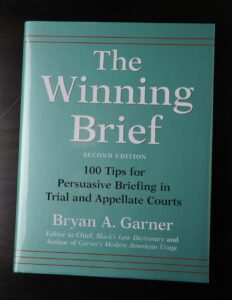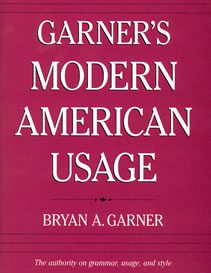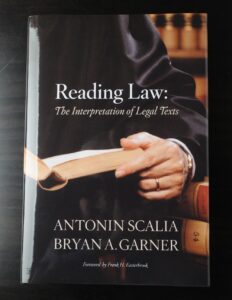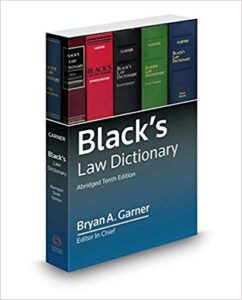The Winning Brief: 100 Tips for Persuasive Briefing in Trial and Appellate Courts, 2d edition
This second edition is aimed at remedying the 100 most common failings of brief-writers, this book has revolutionized how thousands of lawyers approach persuasive writing in motions and briefs. Each tip is designed to help you connect with judges. The format makes it perfect for browsing or in-depth study: a blackletter principle, followed by quotations on rhetoric and writing, Bryan A. Garner’s own explanation, and illustrative before-and-after examples from throughout the United States.
Does a good writing style help persuade judges? Garner makes a convincing case that it does. And he should know; for years, he has worked with judges all over the country to help them improve their writing of judicial opinions. He has polled judges both formally and informally to learn their preferences. And with his “deep issue” technique, he has even helped shape their preferences.
Style, of course, is more than just “spit and polish”; it is intertwined with the very way that an advocate gets the merits of a case across to a judge. In Garner’s view, good writing is good thinking—made plain on paper.
Each tip begins with a set of quotable quotes—some of the most insightful comments that experts have ever made on persuasive writing. Then, Garner elaborates on the tip, usually with before-and-after examples. The book also showcases several full-length model briefs.
Garner says that by and large, lawyers don’t understand their judicial readers. He has listened again and again to judges say, “If I had only known in the old days what I know now that I’m a judge. I could have been a much more effective advocate.” His point is a powerful one: you shouldn’t have to become a judge to learn about effective persuasion.
Some examples of the tips within this book:
- Begin the architectural planning by stating the issues. Before writing in earnest, figure out how many issues there are—and what they are.
- Frame the deep issues at the outset so you meet the 90-second test.
- Break up long, complex sentences. Shoot for an average sentence length of 20 words.
- Populate your sentences. Use real names (not procedural labels) for parties.
Words of wisdom:
“This is, quite simply, one of the best books on legal writing available today. It is an eminently practical, occasionally inspired guide that should help all lawyers — whether they are mediocre or brilliant writers — to become clearer and more persuasive on paper.” — Lawyers Weekly USA
“This is a great book for any appellate practitioner who wishes to get better. Mr. Garner demonstrates admirably the brevity and clarity that he teaches. This book reflects great learning. Yet it is highly practical. We can speak no higher praise.” — ABA Appellate Practice Journal
“A terrific reference. The Winning Brief will occupy a prominent place on my bookshelf.” — Jurist
“Bryan Garner’s advice on brief-writing is like Irving Younger’s advice on evidence. It’s probably the most learned and practical advice ever available, so you just hope that your adversaries don’t get it.” — Steven I. Wallach, Morrison Cohen Singer & Weinstein, LLP
If you buy using links on this page, we may receive affiliate commission, which supports our work.



